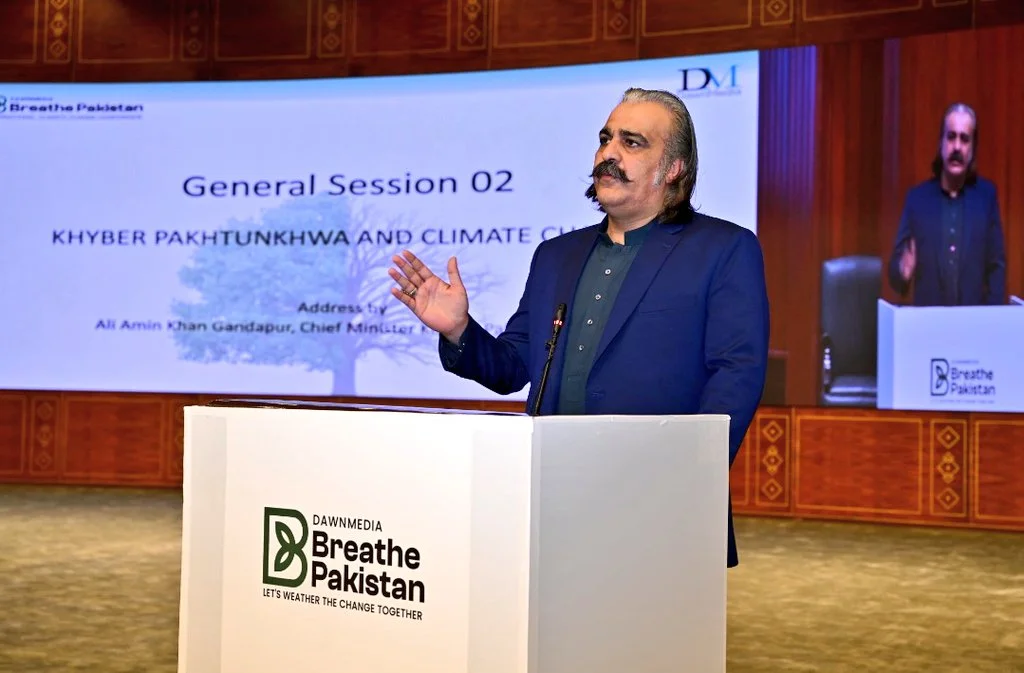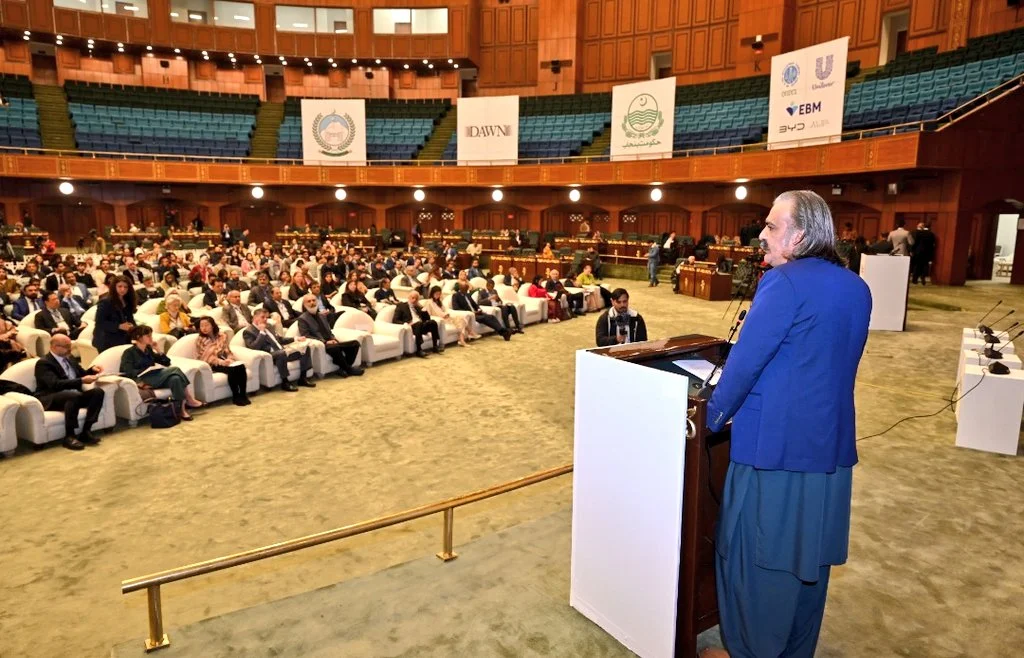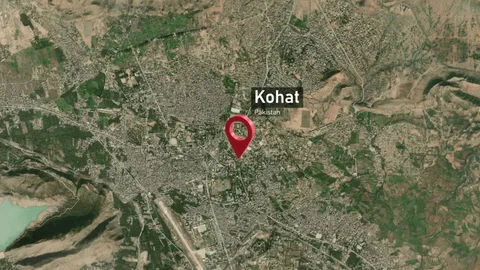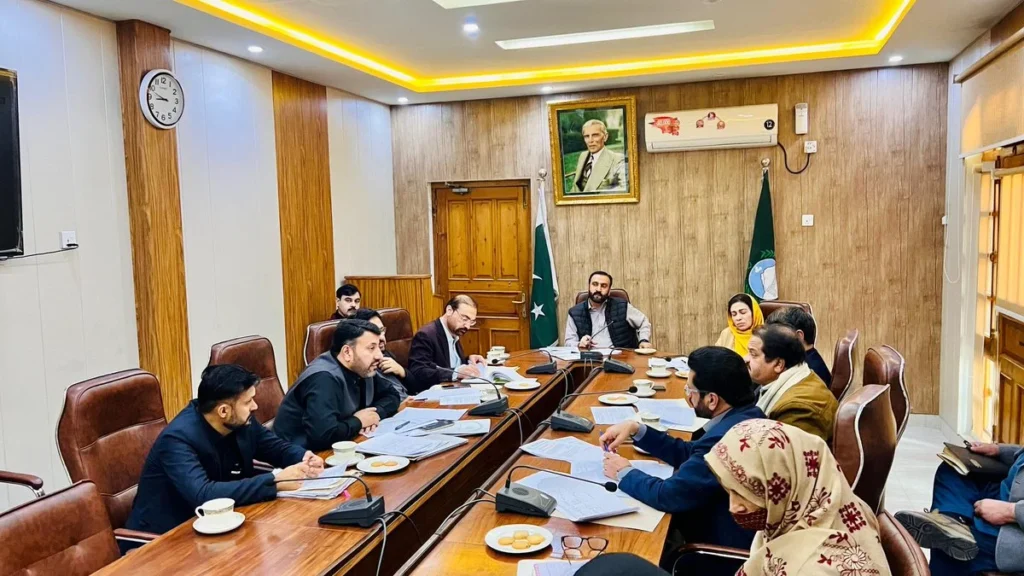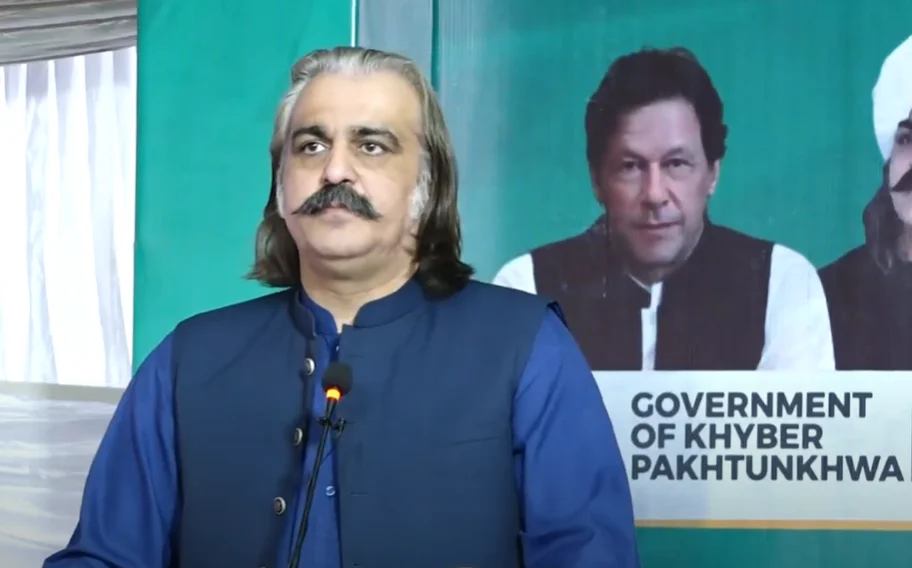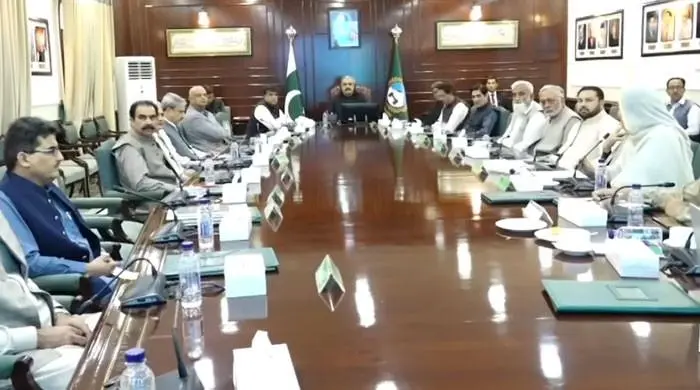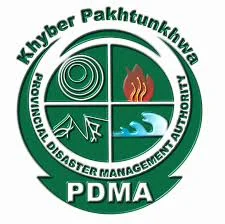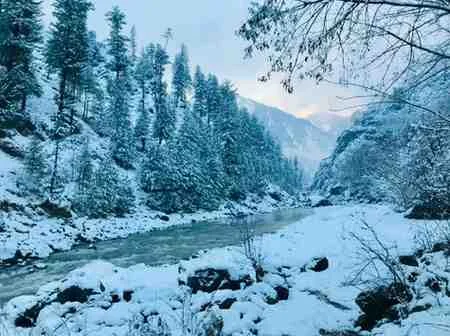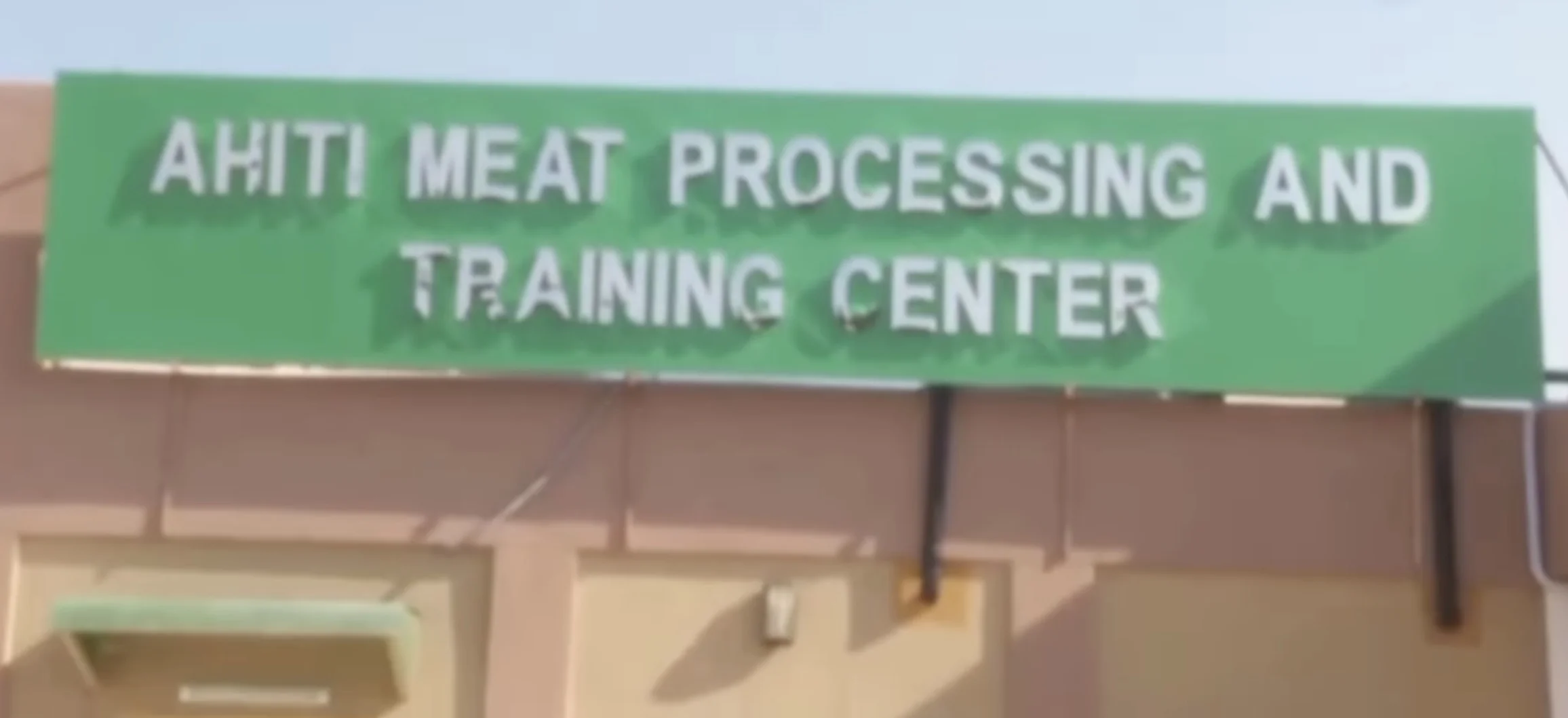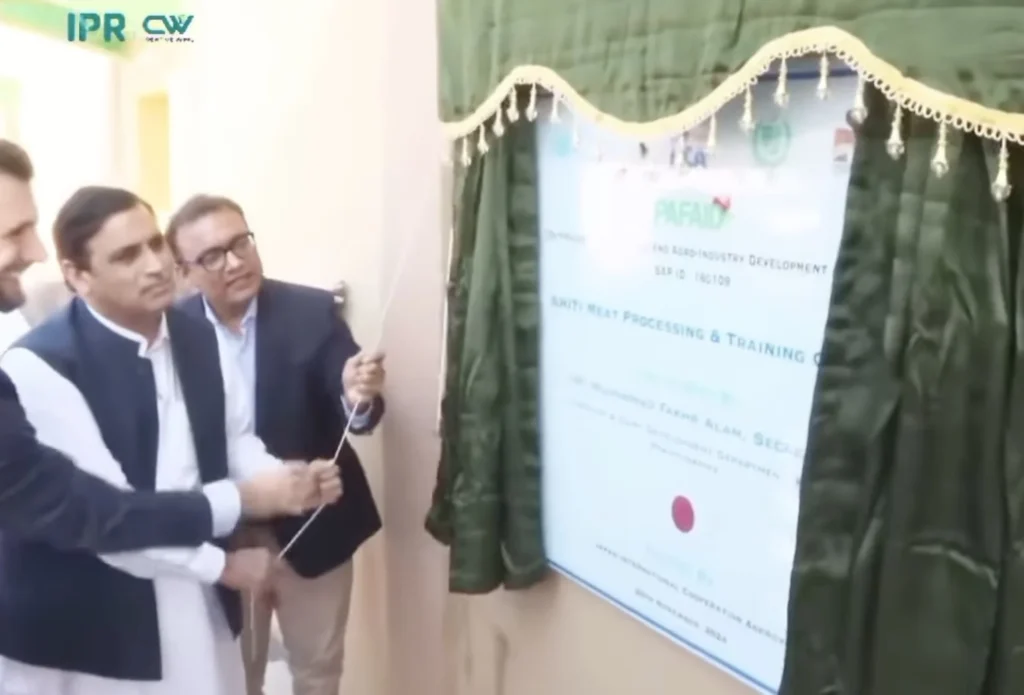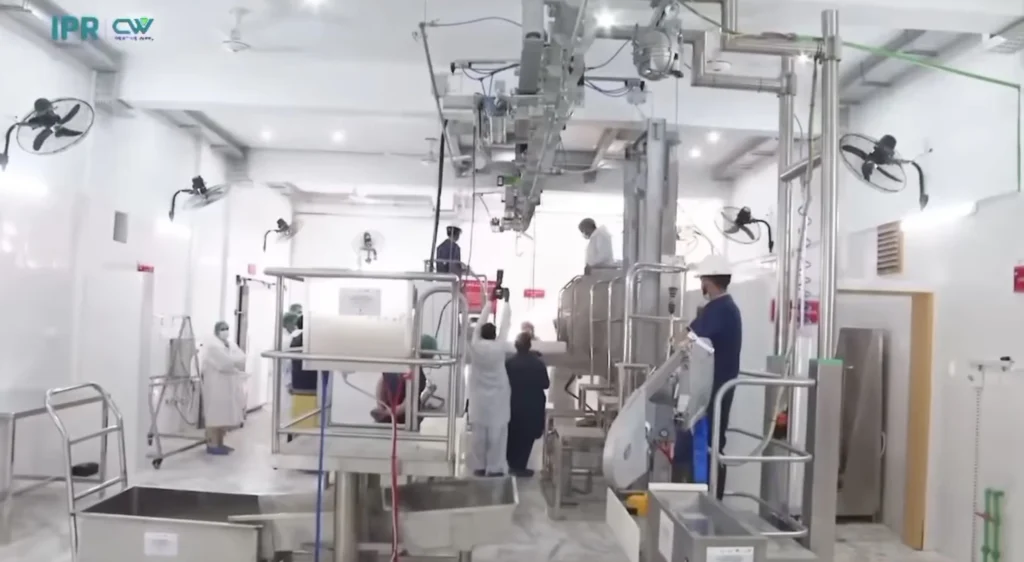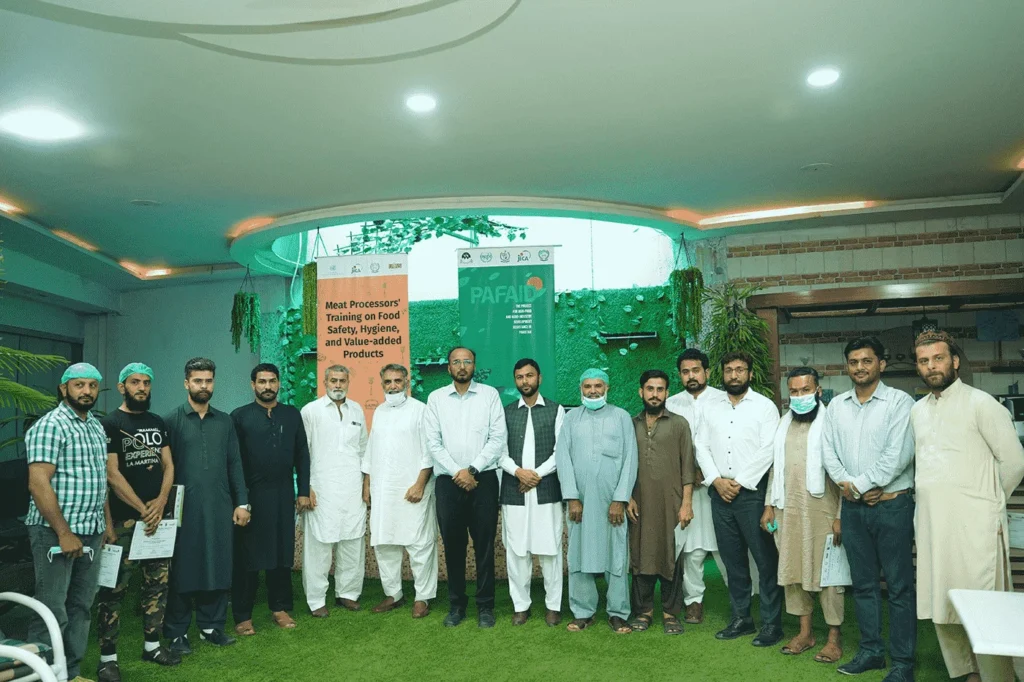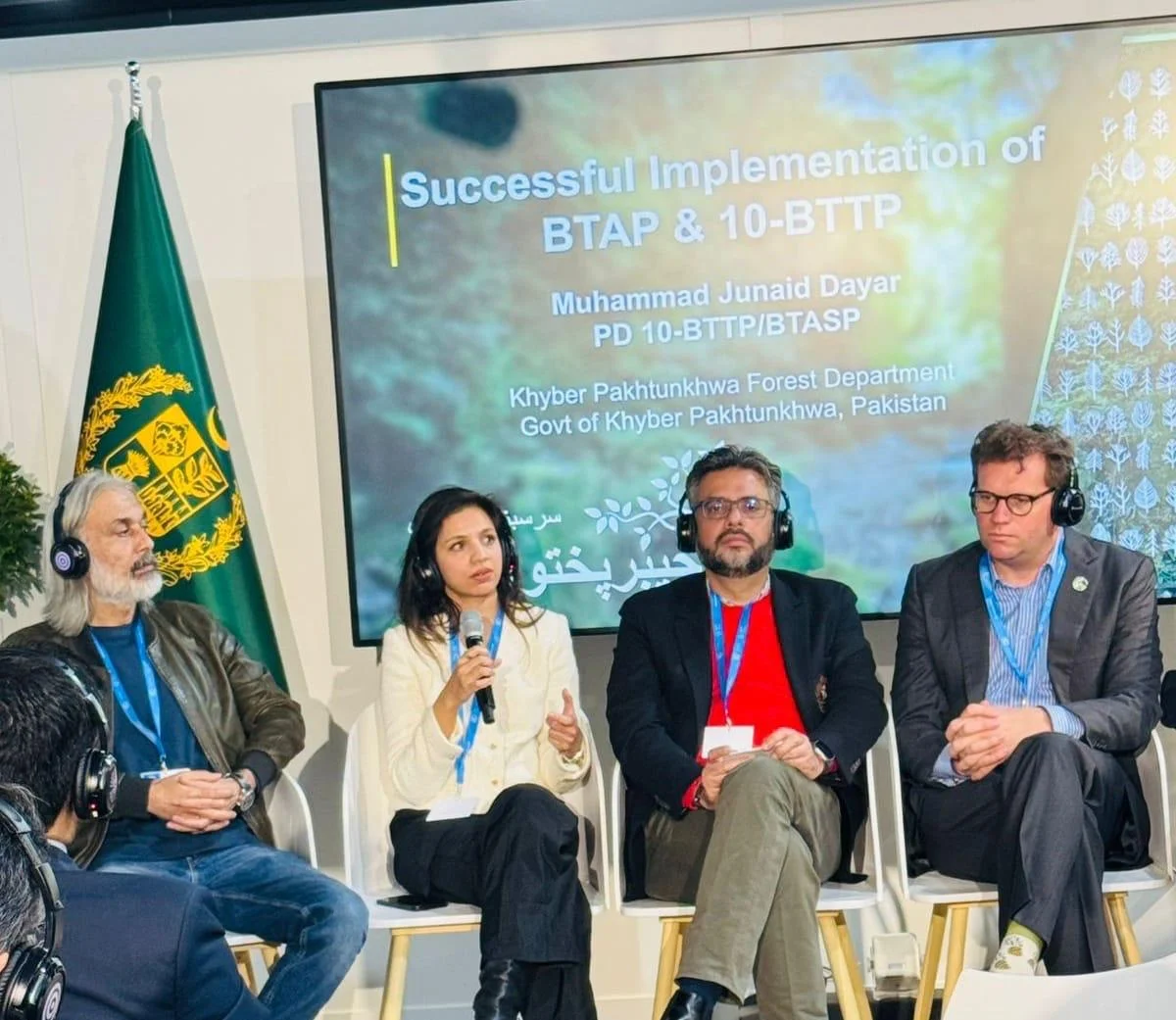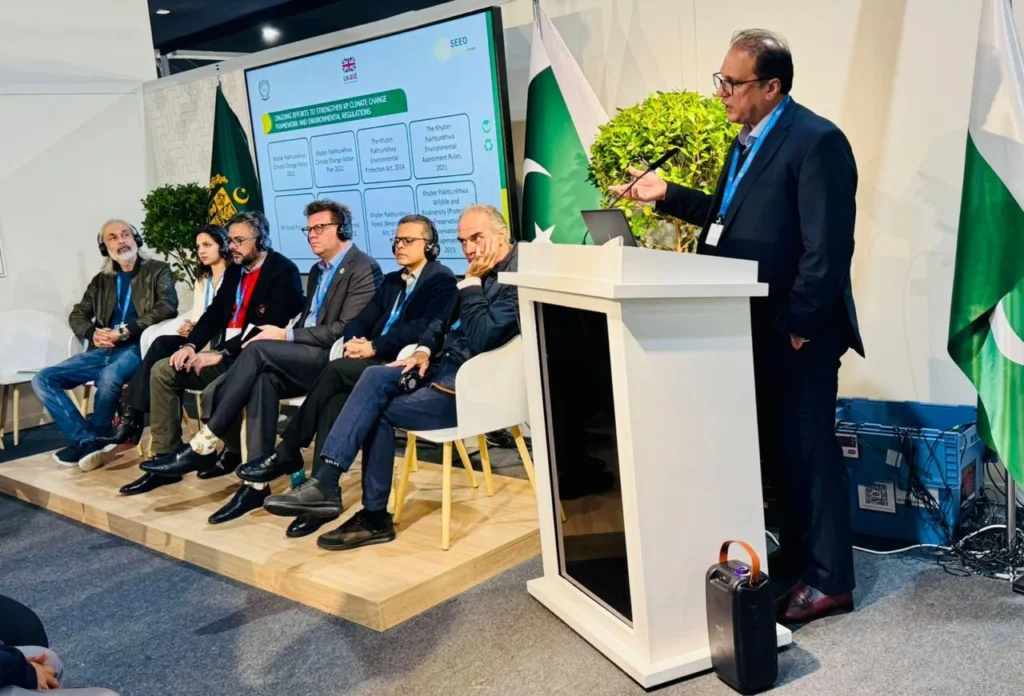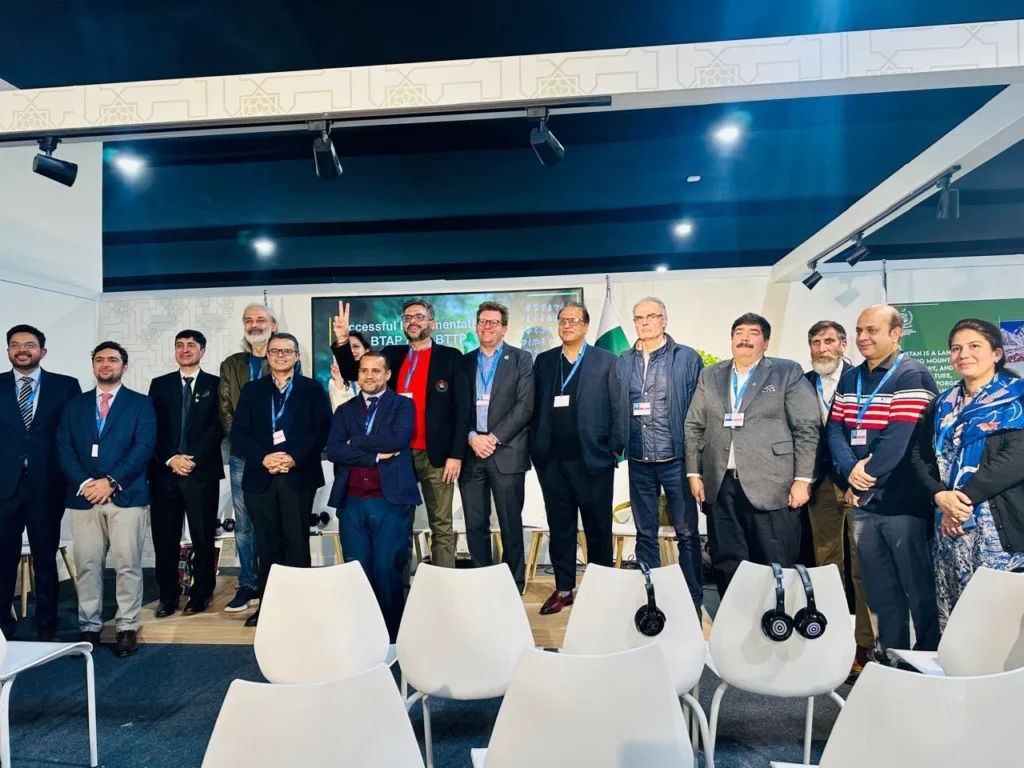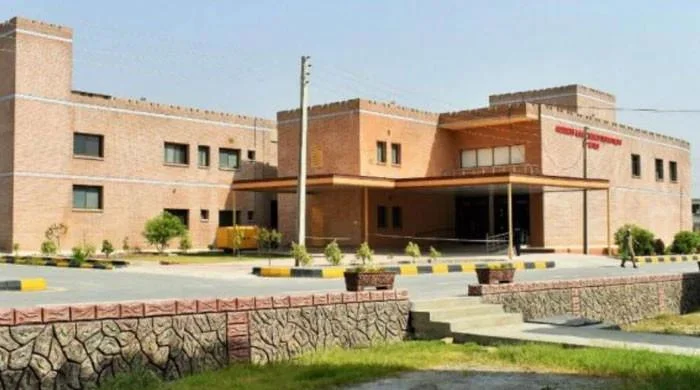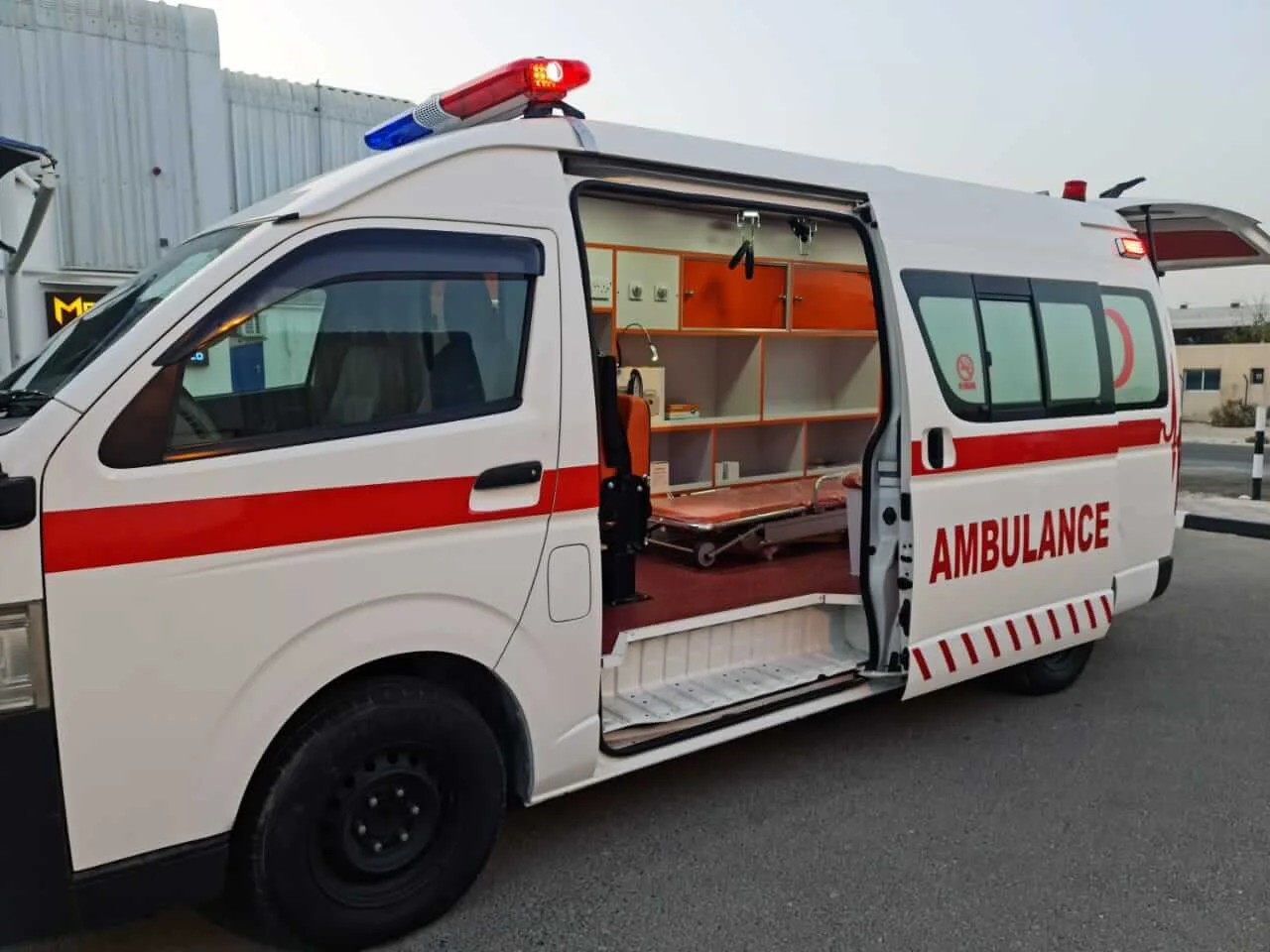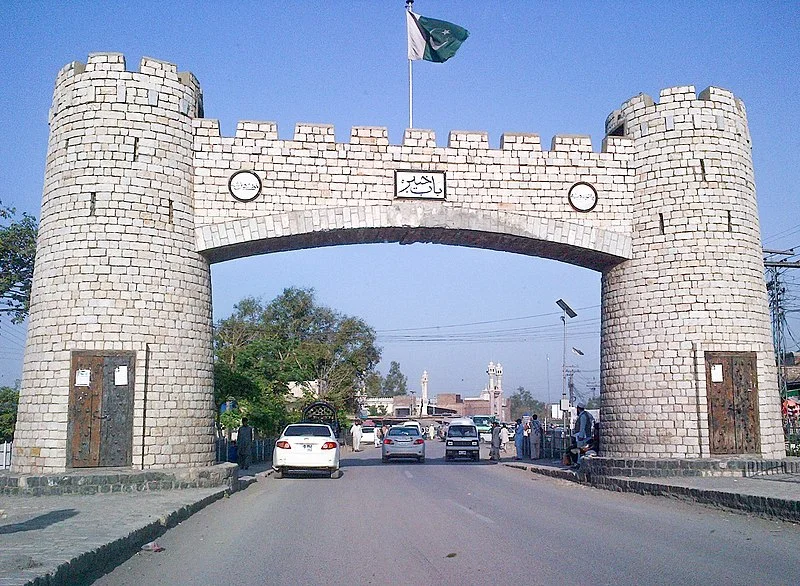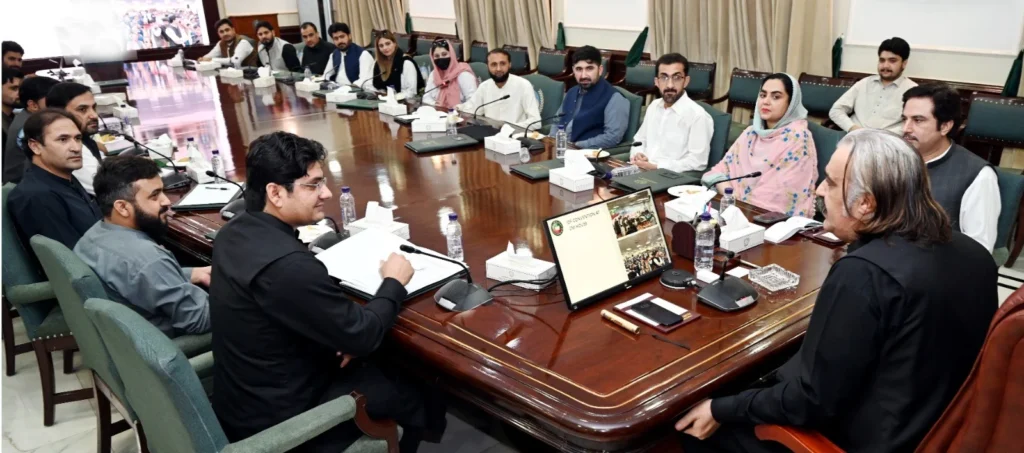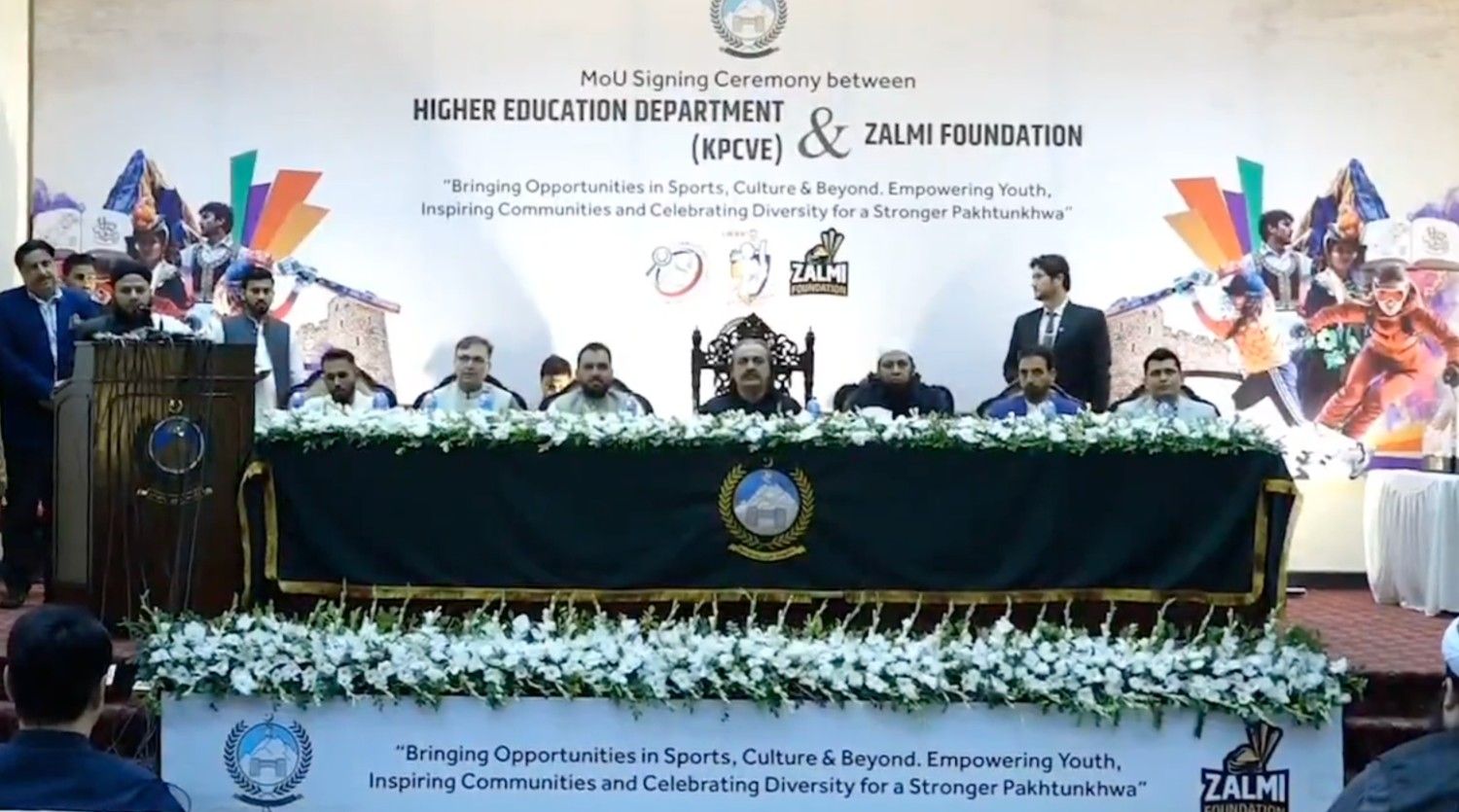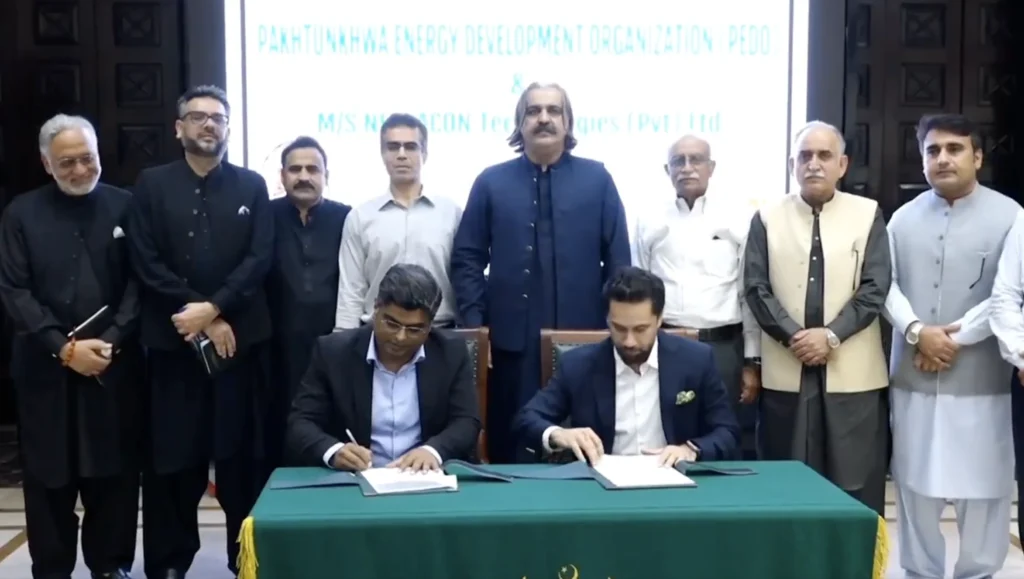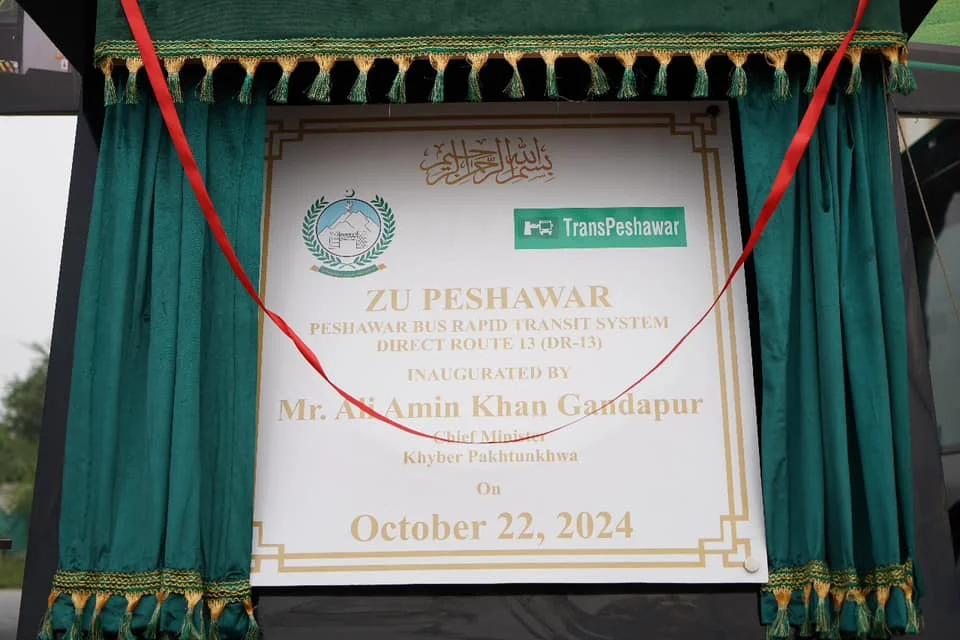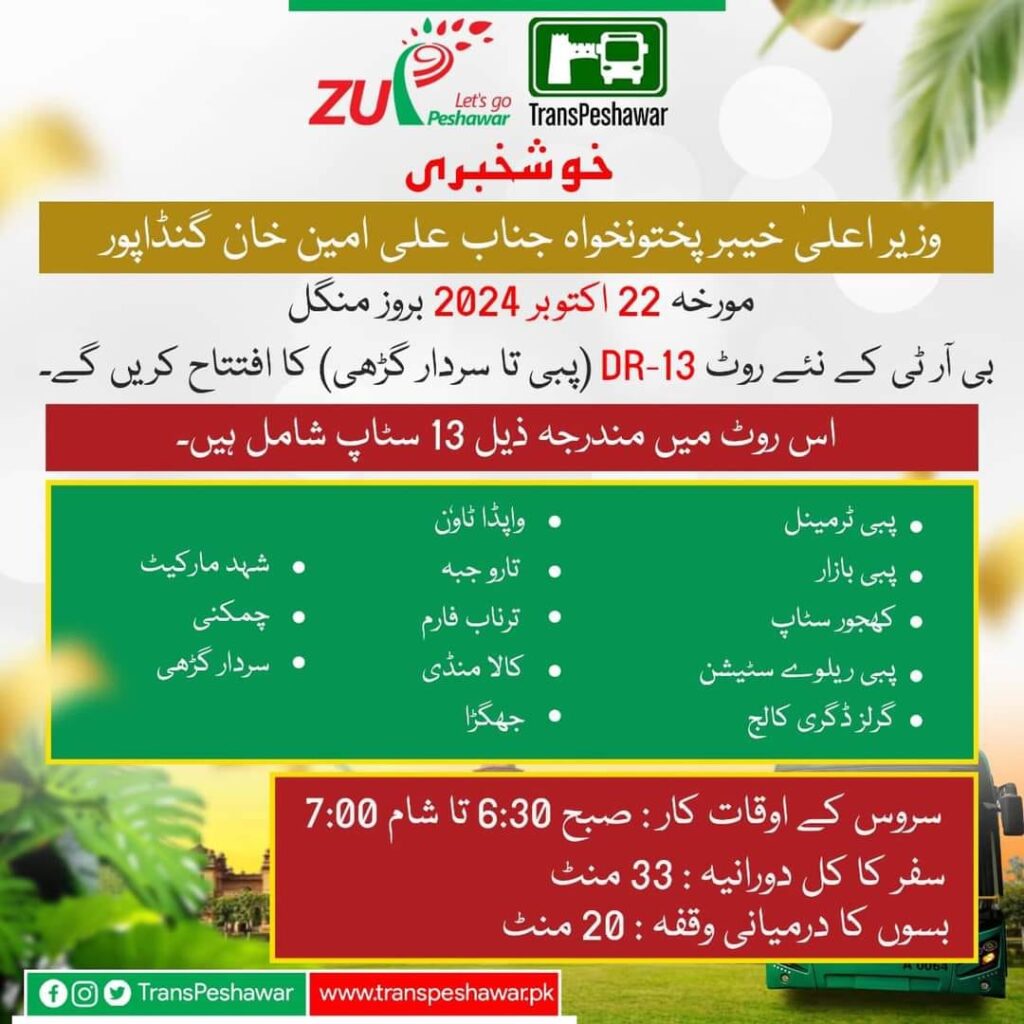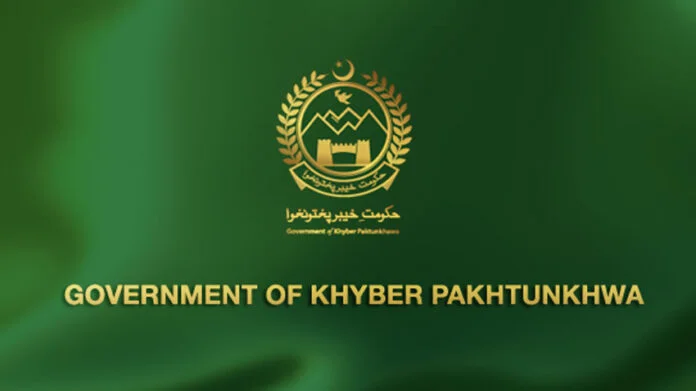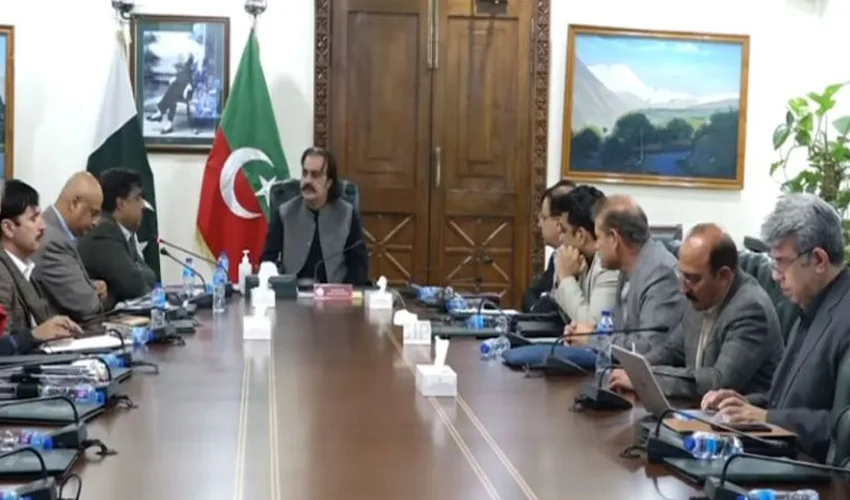The Khyber Pakhtunkhwa (KP) government has launched a modern online housing registration system for provincial government employees.
This initiative aligns with the vision of Chief Minister Ali Amin Gandapur, aiming to provide government employees with interest-free plots in easy installments.
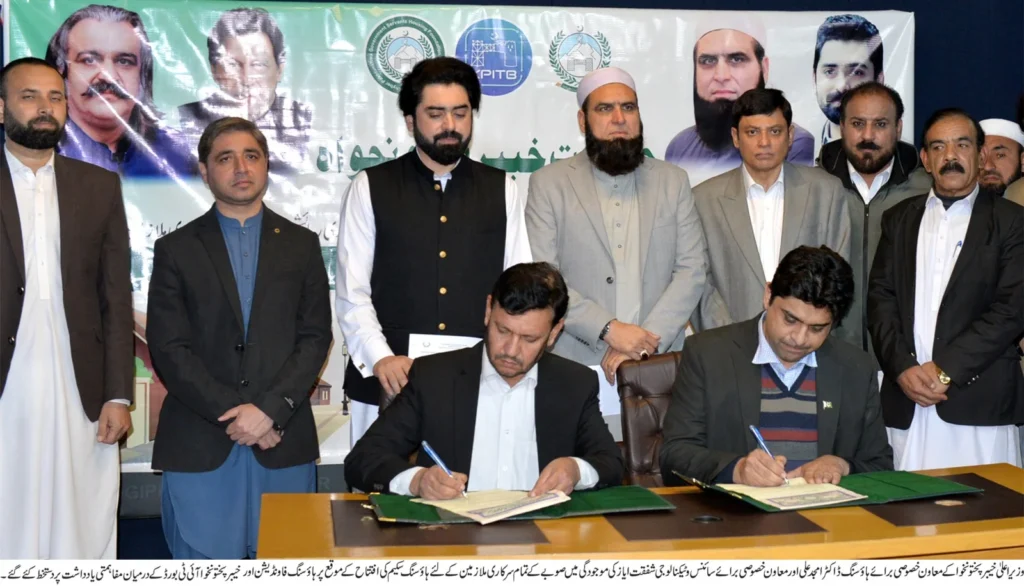
Online Housing Registration: A Game-Changer
The Housing Foundation and KP IT Board have signed a Memorandum of Understanding (MoU) to implement the online membership registration system.
This step ensures a transparent and efficient process for government employees looking to own their dream homes.
During the signing ceremony, Special Assistant for Housing Dr. Amjad Ali and Special Assistant for Science and Technology Shafqat Ayaz were also present.
Dr. Amjad Ali expressed his excitement, calling it a historic day for provincial government employees who have long dreamed of owning a house.
Key Benefits of the Online Housing Registration System
This initiative brings several benefits for government employees:
✅ Complete Transparency – The new system ensures a corruption-free and fair allocation process.
✅ Easy Installment Plans – Employees can avail themselves of plots without financial strain.
✅ Allotment as per Job Scale – Plots will be allocated based on employees’ job scales.
✅ User-Friendly Online Application – Employees can submit applications online using the latest technology.
How to Apply for the Online Housing Scheme?
Applying for this scheme is simple and hassle-free. Here’s a step-by-step guide:
- Visit the official website of the KP Housing Foundation.
- Create an account using your CNIC and job details.
- Fill out the application form and upload the necessary documents.
- Submit your application and track the progress online.
(Author Note: The online system is still in progress and will be available once ready)
Why This Initiative Matter?
Owning a home has been a distant dream for many government employees.
With this initiative, the KP government has taken a revolutionary step to ensure that hardworking employees get their rightful home without any financial burden.
The online system will eliminate unnecessary delays and make the process efficient, transparent, and corruption-free.
Conclusion
The introduction of the Online Housing Registration System by the KP government is a major milestone in providing affordable housing solutions for government employees.
With transparent allocation, easy installment plans, and an advanced digital application system, this initiative is set to transform the housing sector for public servants in Khyber Pakhtunkhwa.


